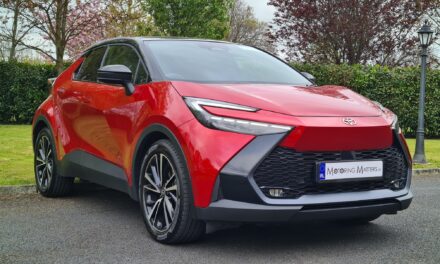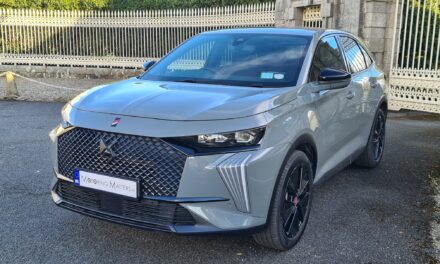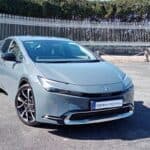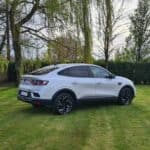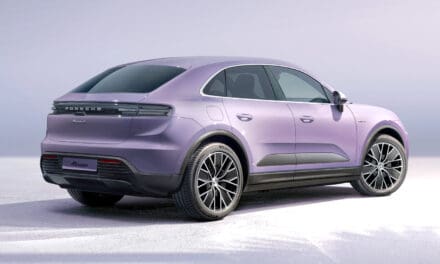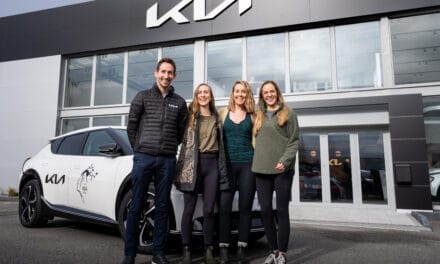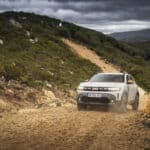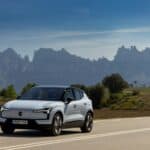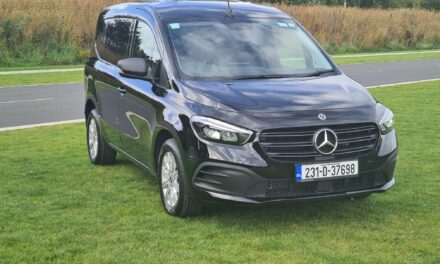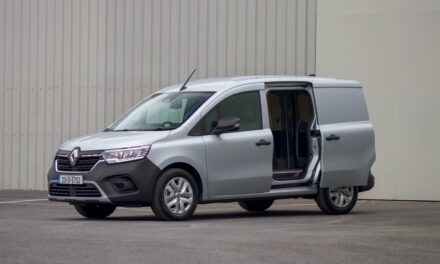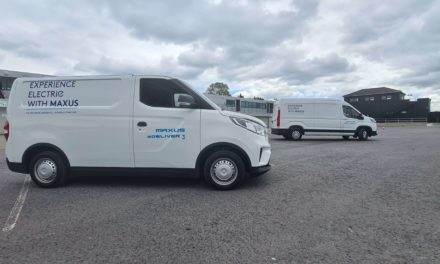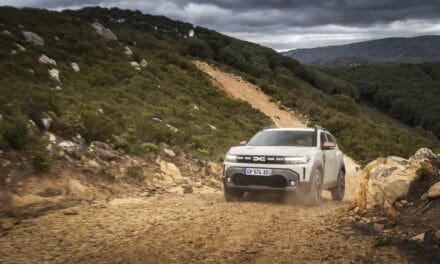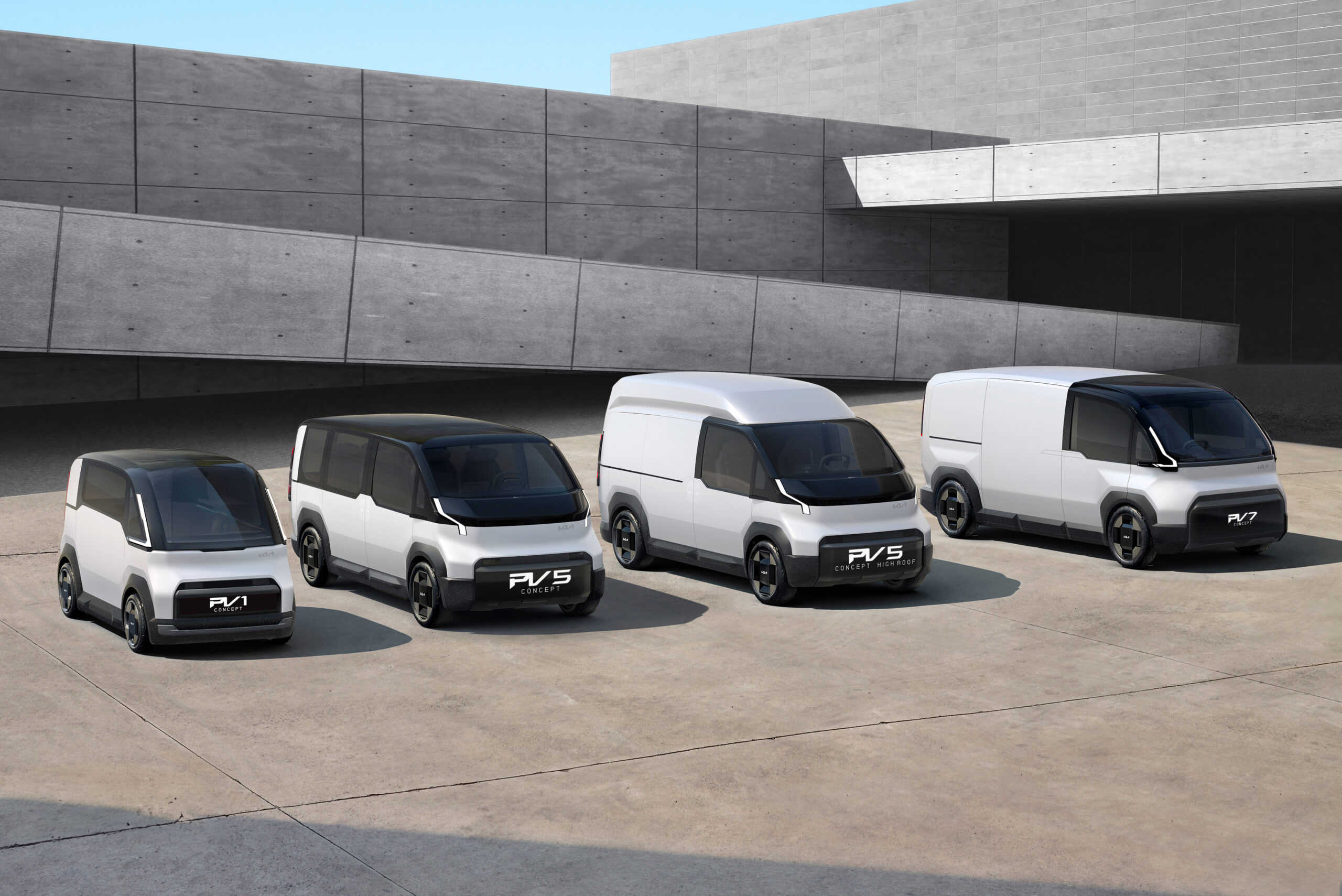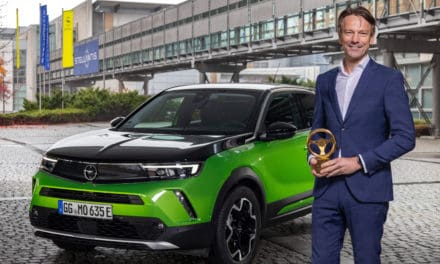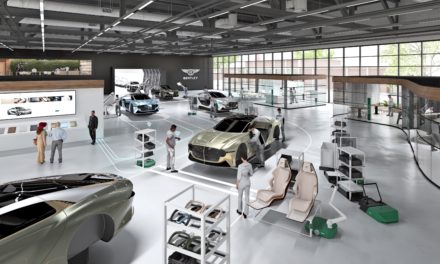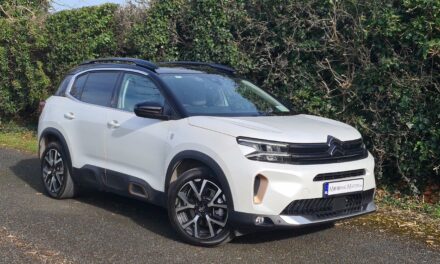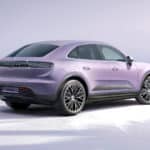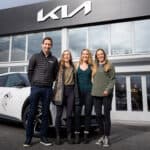
Kia launches Light Commercial Vehicle (LCV) business at CES 2024.
Kia launches LCV business at CES 2024
- Kia showcases future Light Commercial Vehicle (LCV) range at CES 2024
- Brand launches its Platform Beyond Vehicle (PBV) strategy
- Customised vehicles and solutions will enhance versatility and open up limitless possibilities, catering to both businesses and individuals
- Five Kia PBV concept models unveiled– three PV5 derivatives, PV7 and PV1
- Kia Concept PV5 to enter mass production in 2025
- Three-phase PBV road map will transform the mobility landscape, with more models, advanced software and bespoke services to come
Las Vegas, January 8, 2024 – Kia has revealed its Platform Beyond Vehicle (PBV) future strategy at the 2024 Consumer Electronics Show (CES) in Las Vegas. Kia’s PBV business will initially be based around the introduction of an all-new, modular commercial vehicle, previewed by the Kia Concept PV5.
Kia PBVs are a total mobility solution that combines fit-for-purpose EVs with advanced software solutions based on the Hyundai Motor Group’s software-to-everything, or SDx, strategy. As a Platform Beyond Vehicle, Kia PBVs will open the door to new businesses and lifestyles by redefining the concept of space thanks to advanced, tailored interiors that provide ultimate freedom and flexibility.
“Kia’s PBV business represents our vision of going beyond the traditional concept of automobiles by fulfilling the unmet needs of diverse customers and communities through optimised vehicles and services catering to specific market and business circumstances,” said Ho Sung Song, Kia President and CEO.
A vision for future mobility
The launch of Kia’s PBV business will see the brand commit to providing a varied range of customised vehicle types to meet customers’ individual requirements. Determined to overcome all existing restrictive and one-dimensional industry product line-up offerings, Kia believes its new approach to PBVs can help solve the mobility challenges encountered by individuals and organisations with limited transportation options.
Kia’s PBV offering is the embodiment of a genuine customer-centric approach and will be built around a dedicated business system, integrating vehicles, software, and future technologies to deliver added value. The brand’s PBV roadmap, divided into three distinct phases, illustrates how Kia PBVs will be pivotal in realising the Group’s SDx vision as devices that offer tailored solutions according to customer usage patterns.
Phase one will see the introduction of the Kia PV5, including Basic Van, High Roof, and Chassis Cab versions. During Phase Two, two further models will be launched to utilise cabinet and frame systems while enhancing interaction and connectivity among vehicles based on the modular concept. The ‘PV7’ will be the largest product in the line-up, defined by more interior space, greater driving range, and enhanced functionalities. ‘PV1’ will be optimised for agile and short-distance logistics transportation, using driving modules to minimise turning radius even in narrow spaces. In phase three, Kia PBVs will evolve into highly customisable, bespoke mobility solutions by integrating with the future mobility ecosystem. Connected self-driving vehicles will be managed as part of a single smart city operating system.
Designed to make users’ lives easier
Utilising ‘Easy Swap’ technology to flexibly address the diverse demands of customers, a single vehicle chassis can be used to fulfil multiple mobility needs. Behind a fixed cab, or ‘driver zone’, a variety of interchangeable upper bodies, or ‘life modules’, can be connected to the base vehicle via a hybrid electromagnetic and mechanical coupling technology, turning the PBV into a taxi during the day, to a delivery van at night, and a personal recreational vehicle on weekends.
Modularisation is further made possible thanks to ‘Dynamic Hybrid’ weldless body structure assembly, which enables the length of moveable members to be flexibly adjusted according to vehicle use purpose. Comprised of high-strength tubular steel and engineered polymers, typical parts are reduced by 55 percent with no loss in rigidity. Shipped in standardised, convenient kit form, Dynamic Hybrid technology will allow for the quick and simple in-field transformation of a Kia PV5.
The design of Kia’s PBVs is inspired by robust, simple and clever tools and goes far beyond mere aesthetics. Kia’s primary mission is to ensure that the brand’s PBVs are simple and intuitive to operate and engage with, regardless of where, when or how they are used.
Whether the purpose of the vehicle is to transport people, move goods, or meet logistics or personal mobility needs, each PBV shares a consistent quality of design that reflects its solid, robust nature and projects a dependable and highly capable attitude. There are no unnecessary adornments, with each feature designed to serve a useful function which makes the lives of vehicle users easier, as clearly demonstrated by the concepts unveiled at CES.
A combination of a simple yet robust surface language combined with expressive graphics seamlessly unifies the PV5 models, despite their diverse natures. On each vehicle, large doors open out to reveal an exceptionally accommodating pillarless opening that provides effortless ingress and egress. Inside, the extended wheelbase and electric platform ensure wide, flat open spaces to offer near-endless stowage and usage possibilities. The driver’s experience is also enhanced, as the cockpit provides a desk-like surface, and the steering wheel can be folded to serve as a desk lamp, creating an office-like environment.
Sustainability sits at the core of Kia’s PBV design strategy. Extensive use of materials such as bio plastic, Post Consumer Material (PCM) plastic, bio paint, recycled PET fabric, felt and yarns, and bio-PU foam not only limits environmental impact today and tomorrow, but also delivers a unique visual and tactile appeal that leads to the creation of new aesthetic values.
‘Ready to answer every question’
To take full advantage of the opportunities enabled by PBVs, Kia will launch a dedicated business system, encapsulating every aspect of the process, from the product line-up to integration of software solutions, and global partnerships. Kia is taking significant steps to meet the diverse demands of customers by constructing a PBV-dedicated EVO plant in Autoland Hwaseong, Korea. This factory will implement a hybrid production approach, combining conveyor and cell-based methods. Through collaboration with global conversion partners, Kia will be able to offer conversion models for various PBV line-ups, catering to different customer preferences. The factory is set to become operational in 2025 and will have an annual capacity of 150,000 units.
The brand’s solutions for In-Vehicle Infotainment (IVI), Fleet Management Systems (FMS), and charging will leverage vehicle software-based data and AI technologies, further enabling customer-centric solutions, predictive maintenance suggestions and charging programs tailored to the customer’s business operating environment.
Kia’s PBV strategy further facilitates the brand’s climate objectives by allowing PBVs to distribute responsibly generated hydrogen and electricity directly to infrastructure. This not only reduces the environmental impact associated with traditional power plants and fossil fuels but also ensures a cost-effective and reliable supply of electricity throughout the city.
Leading the way
Kia’s presence at CES 2024 marks a return to the industry-leading Consumer Electronics Show after a five-year absence. The brand will be presenting two exhibitions at the event. Located in the LVCC West Hall, Kia’s PBV exhibition is based on the theme ‘Place of Inspiration’. The exhibition showcases the diverse ways in which PBVs can inspire and shape individuals’ lives through a range of lifestyle and experience displays and features five PBV concept vehicles, including three variations of the Concept PV5, as well as the Concept PV7 and Concept PV1.
Kia’s second exhibition is located in the CES Central Plaza, under the theme of ‘All-set EV Life for Everyone.’ Featuring a futuristic Kia connected home, the display showcases the Kia Concept EV3, Concept EV4 and the EV6 and EV9 production models, in addition to an exciting EV9 driving technology simulation, a 10 must-have sustainable items exhibition, and Vehicle-to-Home (V2H) power supply and Vehicle-to-Load (V2L) camping demonstrations in real life scenarios.

